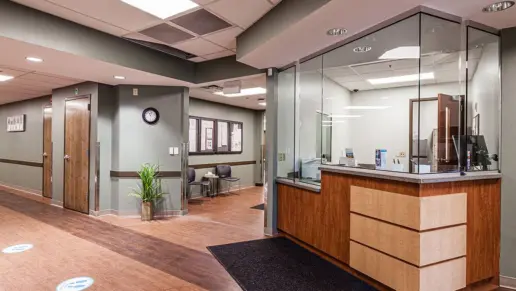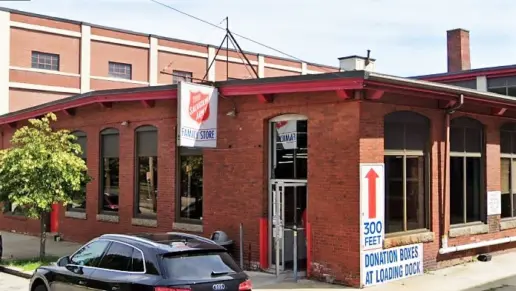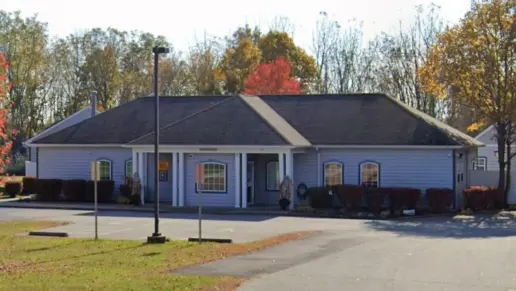The transformation and improvement of my life at this time is fantastic! I am too happy with this change in my life, the staff makes me feel so comfortable with all this, and the service and customer service is excellent
About Providence Comprehensive Treatment Center
Providence Comprehensive Treatment Centers, formerly Discovery House, offers drug rehab services in Providence, Rhode Island. The center provides medication assisted treatment, outpatient programs, and aftercare for young adults and adults.
At Providence Comprehensive Treatment Centers, licensed clinicians administer FDA approved methadone, Vivitrol, Suboxone, and buprenorphine to relieve withdrawal pains and reduce cravings. Clients are supervised during dosing and throughout their treatment program.
In addition to medication assisted treatment, clients also undergo individual and group counseling. Clients develop life skills, receive peer support, and build emotional wellness and resilience within a group setting. Clients also reduce stress, control anger, and develop healthy daily routines.
Providence Comprehensive Treatment Centers offers alumni care and support. Referrals may be available to outside facilities and programs.
The center offers self pay and financing options. They may be in network with Aetna, Beacon, BlueCross/BlueShield, Cigna, Humana, Optum, and Wellpoint. Medicare and Medicaid are accepted, as well as public/state funding. Please verify your coverage and out of network benefits.
Facility Overview
Latest Reviews
Rehab Score
Gallery
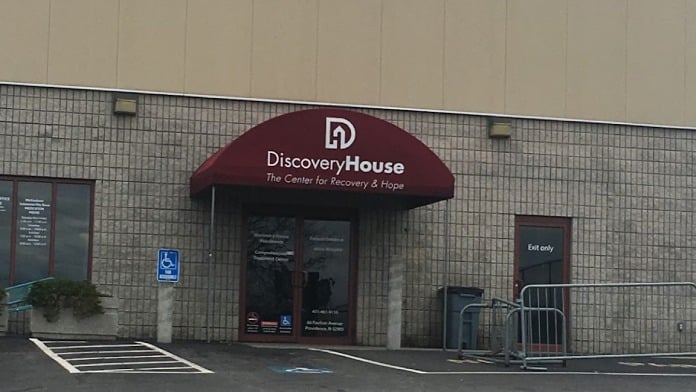
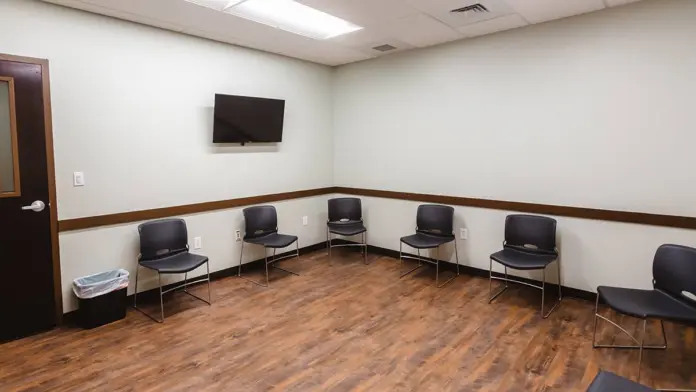
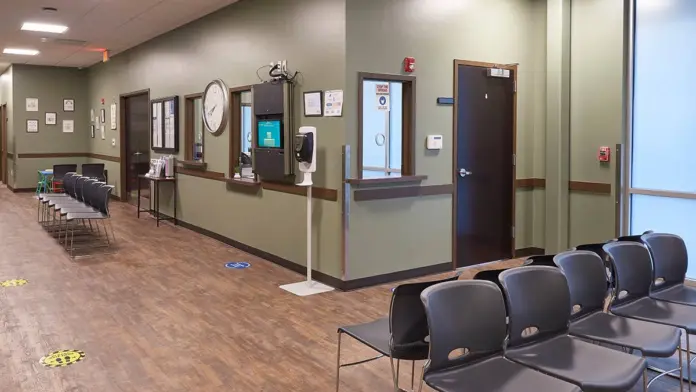
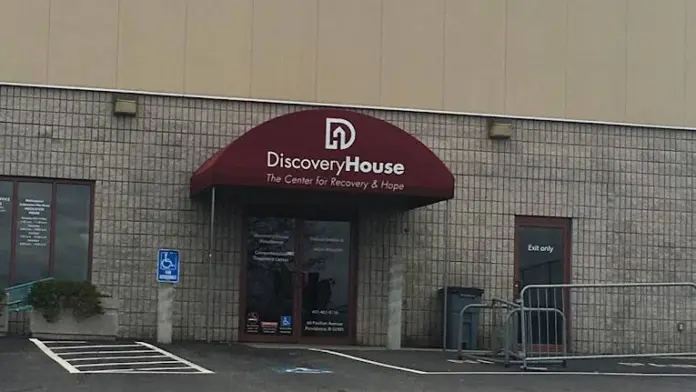
Location
Accepted Insurance
Other Forms of Payment
Private insurance refers to any kind of healthcare coverage that isn't from the state or federal government. This includes individual and family plans offered by an employer or purchased from the Insurance Marketplace. Every plan will have different requirements and out of pocket costs so be sure to get the full details before you start treatment.
Self-pay involves paying for treatment out of your own pocket. You can use savings or credit, get a personal loan, or receive help from family and friends to fund your treatment. If you don't have insurance or your insurance plan doesn't cover a specific program, self-pay can help ensure you still get the care you need.
Financial aid can take many forms. Centers may have grants or scholarships available to clients who meet eligibility requirements. Programs that receive SAMHSA grants may have financial aid available for those who need treatment as well. Grants and scholarships can help you pai for treatment without having to repay.
Medicare is a federal program that provides health insurance for those 65 and older. It also serves people under 65 with chronic and disabling health challenges. To use Medicare for addiction treatment you need to find a program that accepts Medicare and is in network with your plan. Out of pocket costs and preauthorization requirements vary, so always check with your provider.
Medicaid is a state based program that helps lower-income individuals and families pay for healthcare. Medicaid covers addiction treatment so those enrolled can use their coverage to pay for rehab. When a program accepts Medicaid the client often pays very little or nothing out of their own pocket.
Addiction Treatments
Levels of Care
Treatments
The goal of treatment for alcoholism is abstinence. Those with poor social support, poor motivation, or psychiatric disorders tend to relapse within a few years of treatment. For these people, success is measured by longer periods of abstinence, reduced use of alcohol, better health, and improved social functioning. Recovery and Maintenance are usually based on 12 step programs and AA meetings.
During drug rehab in Rhode Island, you'll participate in a variety of therapeutic interventions designed to help you break free from addiction. Common methods include cognitive behavioral therapy, music and art therapy, 12-step support, and nutrition/exercise.
Opioid rehabs specialize in supporting those recovering from opioid addiction. They treat those suffering from addiction to illegal opioids like heroin, as well as prescription drugs like oxycodone. These centers typically combine both physical as well as mental and emotional support to help stop addiction. Physical support often includes medical detox and subsequent medical support (including medication), and mental support includes in-depth therapy to address the underlying causes of addiction.
Substance rehabs focus on helping individuals recover from substance abuse, including alcohol and drug addiction (both illegal and prescription drugs). They often include the opportunity to engage in both individual as well as group therapy.
Programs


Clinical Services
Group therapy is any therapeutic work that happens in a group (not one-on-one). There are a number of different group therapy modalities, including support groups, experiential therapy, psycho-education, and more. Group therapy involves treatment as well as processing interaction between group members.
Accreditations

The Commission on Accreditation of Rehabilitation Facilities (CARF) is a non-profit organization that specifically accredits rehab organizations. Founded in 1966, CARF's, mission is to help service providers like rehab facilities maintain high standards of care.
CARF Accreditation: Yes
Contact Information
66 Pavilion Avenue
Providence RI, 02905







